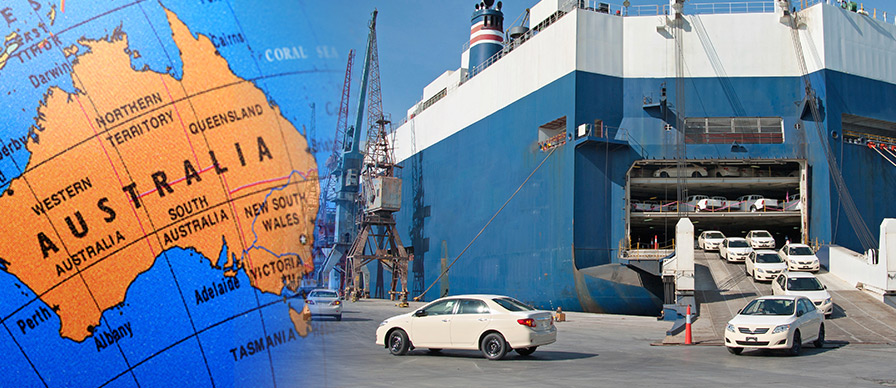How New Australian Car Import Standards Affect Car Exporters
End of Era in Aussieland
In February of this year, Toyota Global President Akio Toyoda stood before 2400 auto workers and announced that their Australian plant would close its doors in 2017. Following Holden and several other car companies, his announcement marked the end of a hundred + year history of automobile production down under. Logically, the end of this era should create opportunities for importers, but how this unfolds remains uncertain. What augurs for this new age depends to a great extent on how car import standards are finally drawn and set into law.
A Brave New Auto World
Faced with becoming totally dependent on imports, Australian officials have been motivated, if not forced, to review the Motor Vehicles Standards Act for the first time in over 14 years. Historically, any imported car, new or used, (excluding most cars assembled before 1989) had to meet strict specifications, including the Australian Design Rules which governed safety, emissions and security standards.
Read More Top Tips for Shipping Cars Overseas to Australia
Now several changes in the Standards Act are being proposed, that if accepted, promise to shift the dynamics of the entire car import/export market in Australia. Among the more controversial proposals are:
- Allowing used cars to be imported - At present, there are restrictions in place that make importing used cars onerous. One proposal would relax these limits making it easier for consumers to purchase lesser priced vehicles. Obvious objections are concerns over ownership, safety and age of car. Comparisons are made to New Zealand whose results have been mixed.
- Lowering import duties on new cars, including luxury vehicles priced over $100,000 - opponents of this idea argue that a similarly priced Mercedes in the UK is not comparable to what comes to Australia since they are not equally loaded. For instance the UK only requires 7 airbags while Aussie's require 9. They want assurances that consumers can check prices in international data bases and will be able to compare apples to apples when evaluating price.
- Permitting consumers to buy direct - of all the proposed changes this is generating the most heated debate. The proposal advocates relaxing the strict ADR requirements and allowing cars that conform to the international UN safety standards to be eligible for importation. Intended results include lower compliance and tariff costs creating savings for consumers. Opponents cite lack of quality control and argue that savings are overestimated. Tariffs would be determined by the free trade agreements with each country.
Read More Shipping Cars Overseas to Austrailia - Estimating Customs Duties
Shift Into High Gear
Proposed changes to Australian car import standards are still under consideration. How the final recommendations will affect local dealers and persons shipping cars to Australia remains uncertain. Here at West Coast Shipping we recommend that you stay informed of new developments and prepare to strategically shift focus as this process unfolds.
You May Also Like
These Related Stories

Panama Car Dealerships & Import Pipeline: How Vehicles Reach Panama

Climate Change Detente - Dealer Impact on Shipping Cars to China

-093789-edited.png?width=220&height=79&name=wcs_final_logo_(1)-093789-edited.png)

